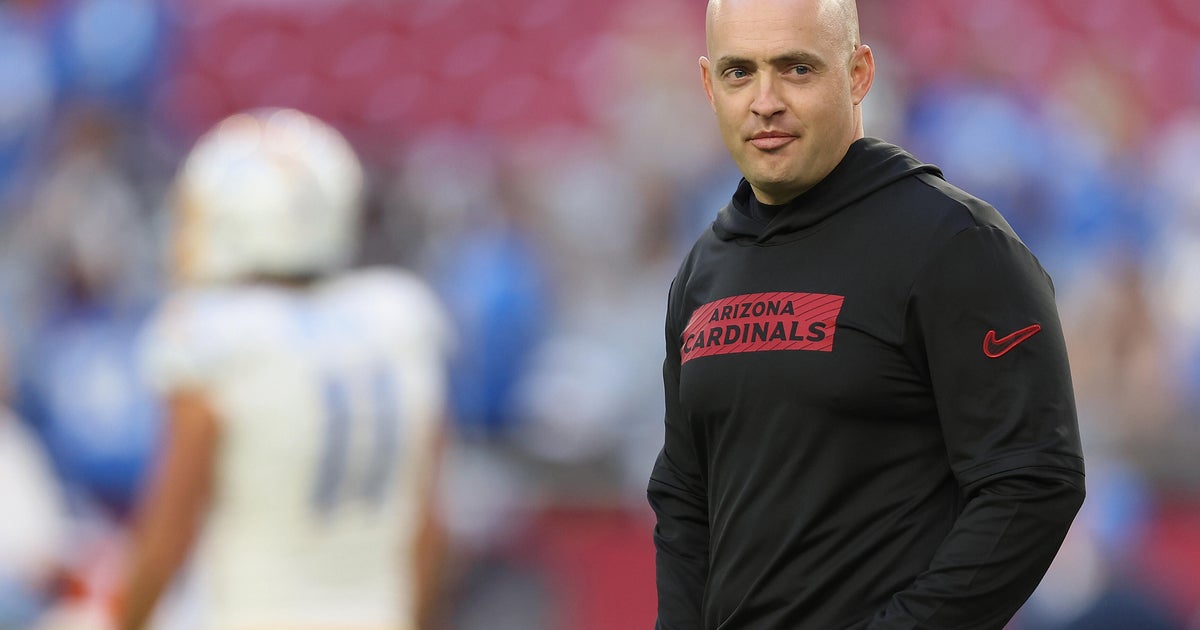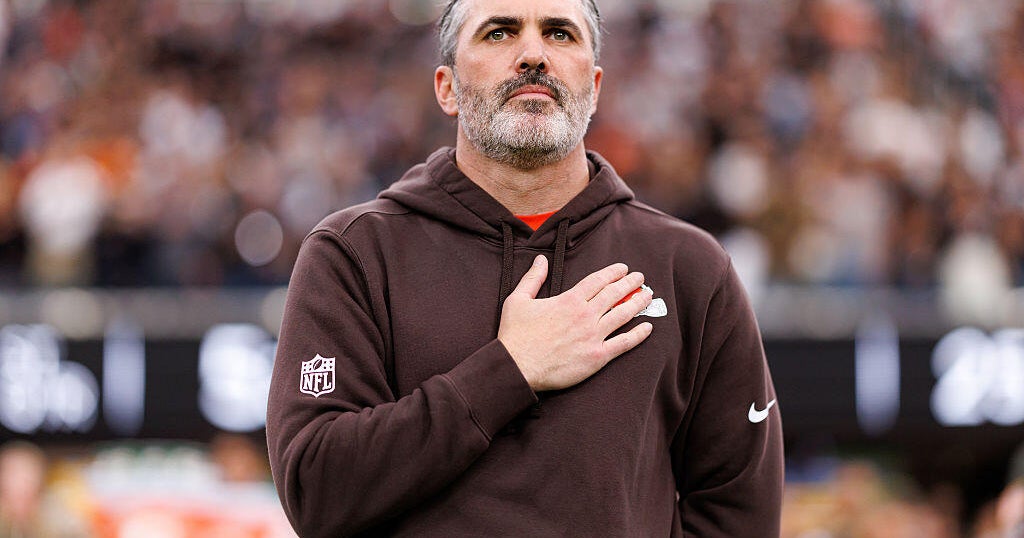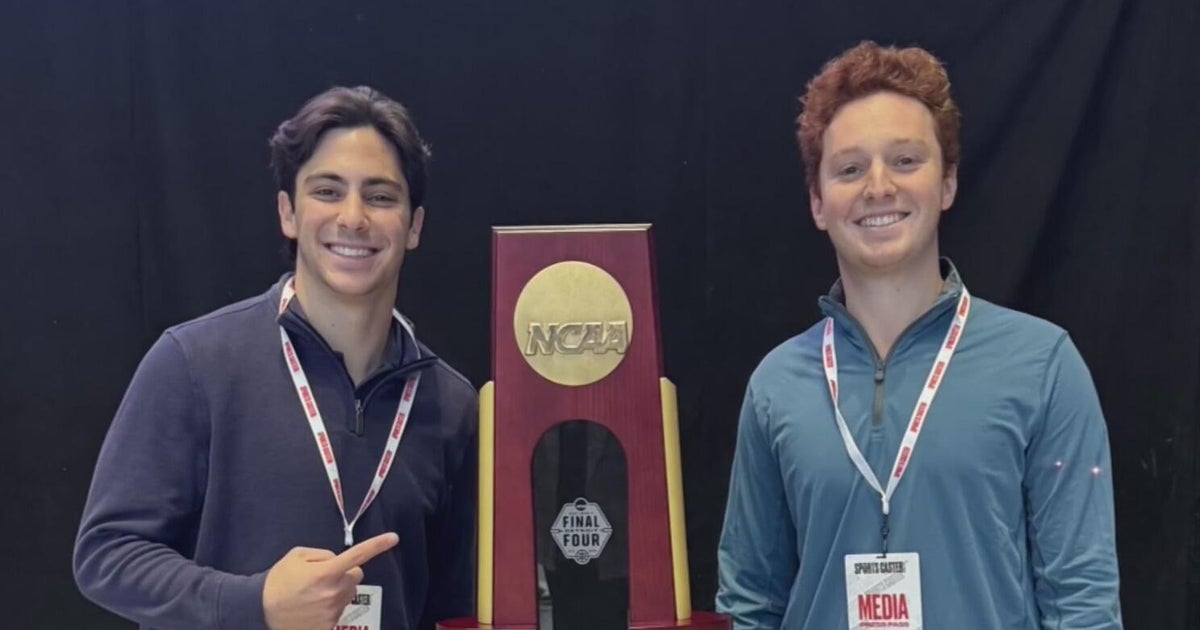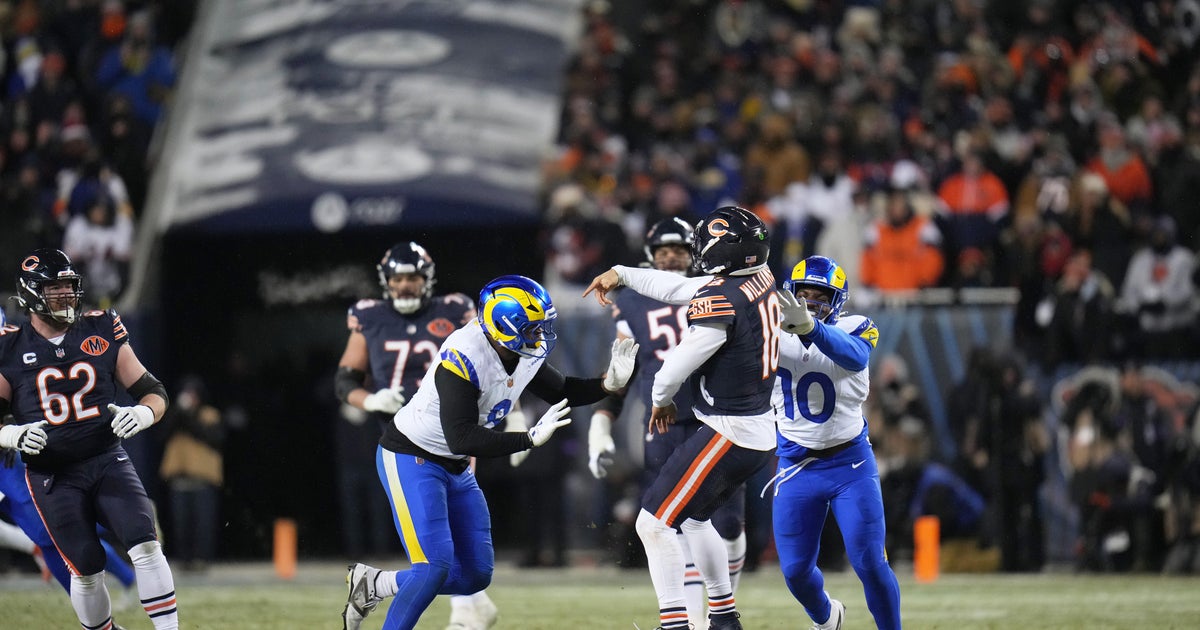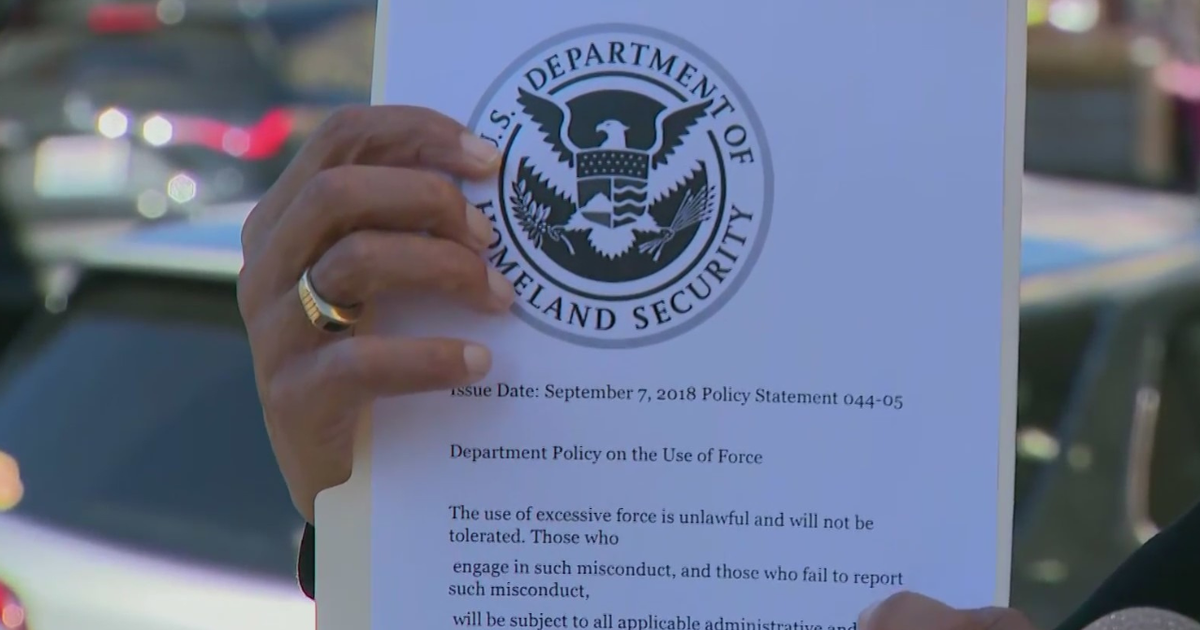Good Question: How Are Fantasy Sports Gambling Sites Legal?
MINNEAPOLIS (WCCO) -- You've probably seen fantasy football sites like FanDuel or DraftKings advertising huge cash prizes. You pay to enter, and if you win, you get paid. If you lose, you lose your money. Sounds like gambling, right? It's not.
So, Brad from Minneapolis wants to know: Why are these sites legal? Good Question.
"There's a distinguishing act between gambling and fantasy sports," said Terry Kelley, a special agent with the MN Department of Public Safety's Alcohol and Gambling Enforcement. "The distinguishing fact is that fantasy sports are two teams playing each other that don't exist."
Most people are aware of how season-long fantasy sports operate. DraftKings and FanDuel are essentially the same concept of fantasy teams, but on a daily or weekly basis.
In 2006, Congress passed the Unlawful Internet Gambling Enforcement Act, which created a specific exclusion for fantasy sports. It defined fantasy sports as games of skill rather than games of chance.
The Act states:
"All winning outcomes reflect the relative knowledge and skill of the participants and are determined predominantly by accumulated statistical results of the performance of individuals in multiple real-world sporting or other events."
While some groups might disagree on whether fantasy sports are games of skill, the law recognizes it as that. Five states, including Arizona, Iowa, Louisiana, Montana and Washington, have stricter laws on games of skill, so DraftKings and FanDuel chose not to operate there.
But, Kelley points out the main reason fantasy sports aren't considered gambling is because no two real teams are playing.
"In some cases, when you play fantasy for money, you have a minimum number of teams you need to pick from," he said.
The 2006 Act also states:
"No winning outcomes is based on the score, point-spread, or any performance or performances of any single real world team or any combination of such teams."
Kelley says we're not betting on real sports on the fantasy sites.
"We're using statistical data from places and people that exist, but we're playing our own teams and we're playing in a fantasy land," he said.
